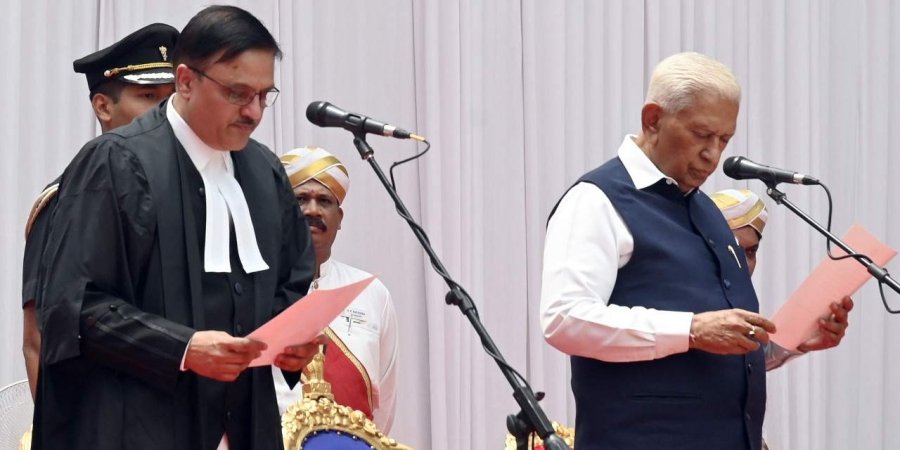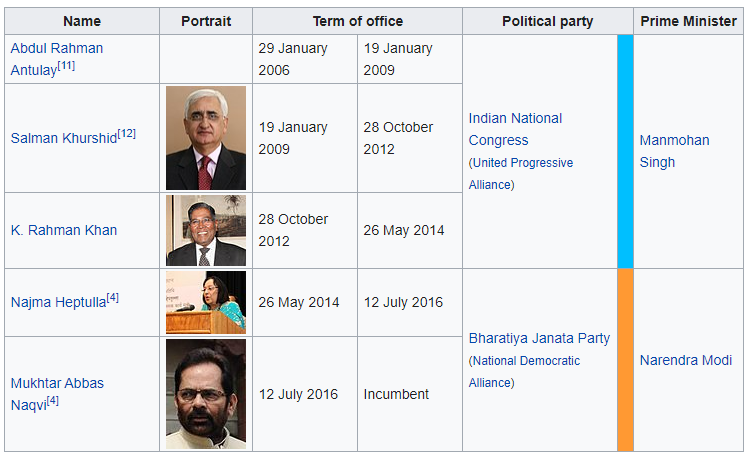Why Justice A S Oka should have treaded carefully?


Hindu religion being “Narrow” or not is an irrelevant perspective to what seems to have interested Karnataka HC CJ Abhay Shreeniwas Oka.
Instead, he should have looked at Article 26 and its definition, word by word.
Attaching the screenshot from the website (Link below), I will be taking the point-b which is as follows:
“(b) to manage its own affairs in matters of religion;”

The word which should play a vital role in understanding the fundamental fight & privilege, is “OWN AFFAIRS“
Observation of CJ AS Oka seems to have more of “moral compass” than “Constitutional Right for the freedom of religious practices and management”, thereof, as defined in Article 26.
(Link: https://www.constitutionofindia.net/constitution_of_india/fundamental_rights/articles/Article%2026)
The verdict in question “We’ll Never Entertain A Petition Which Takes Us 100 Years Back‘ : Karnataka High Court Dismisses Pleas To Stop Non-Hindus From Working In Offices Under HRICE Act
Here are few of the points that we should not ignore:
1. Mr. “we will never entertain” Oka must recall even his appointment to the Additional Justice post within 20 yrs of practice as an advocate, in 2003 was done following the same set of British era rule 1862. Ironically true!
2. As mentioned, Mr. Oka seems to have a tilting point towards the moral compass which certainly as per the individual capacity and not a framework that allows a universal flow for all, to be on the same page. Going by the yardstick, somewhere in 2075, should we discard the constitution too since it will take us back 100 years? If yes, then the entire purpose of the judiciary and the law enforcement becomes obsolete as “Moral compass” would become the new Rulebook, for all. If NO, then Mr. Oka should have read the constitution of India, once again to refresh what Article 26, stands for.
3. As mentioned earlier “(b) to manage its own affairs in matters of religion”, stands for the separation and the freedom, for all, in their respective faiths. This clause (b) specifically talks about “own affairs” and values freedom. Nowhere it means that a HINDU would have the right to manage the religious affairs for Sikhs, Muslims, Buddhists etc. and vice-versa. Having an individual, appointed to manage a different faith would not suffice the prerequisite of understanding the in-depth aspects as it would have been known to someone from the same faith. Moreover, if the faith is different, then the intentions, too, fall within the ambit of doubts.
4. Since independence and after the formation of “Minorities Affairs”, never has there been an incident wherein a Hindu/Hindu Brahmin, appointed as the minister. Why? Would HC CJ Oka like to enlighten?
Why there hasn’t been any minister one from other minority sects? (Pic below: Wikipedia)

Going by the logic of “not following which is too old, resulting us to get back to 100 years”, would he care to comment on the attire too? Why even bother to wear clothes which, traditionally, are more than 100 years old? Should he not start wearing the “in-fashion” torn jeans etc to the court? What about Sari and other traditional dresses?
Leaving aside the above statement on a lighter note, someone bearing a responsible post should not go by his personal choices. Personal observation might help in altering the severity of the punishment however, it cannot over rule the legal conclusion, abiding by the set of laws and the constitution.
The final verdict by Justice A S Oka, seems to be in direct contradiction to the Fundamental rights as defined in The Constitution of India.
DISCLAIMER: The author is solely responsible for the views expressed in this article. The author carries the responsibility for citing and/or licensing of images utilized within the text.
